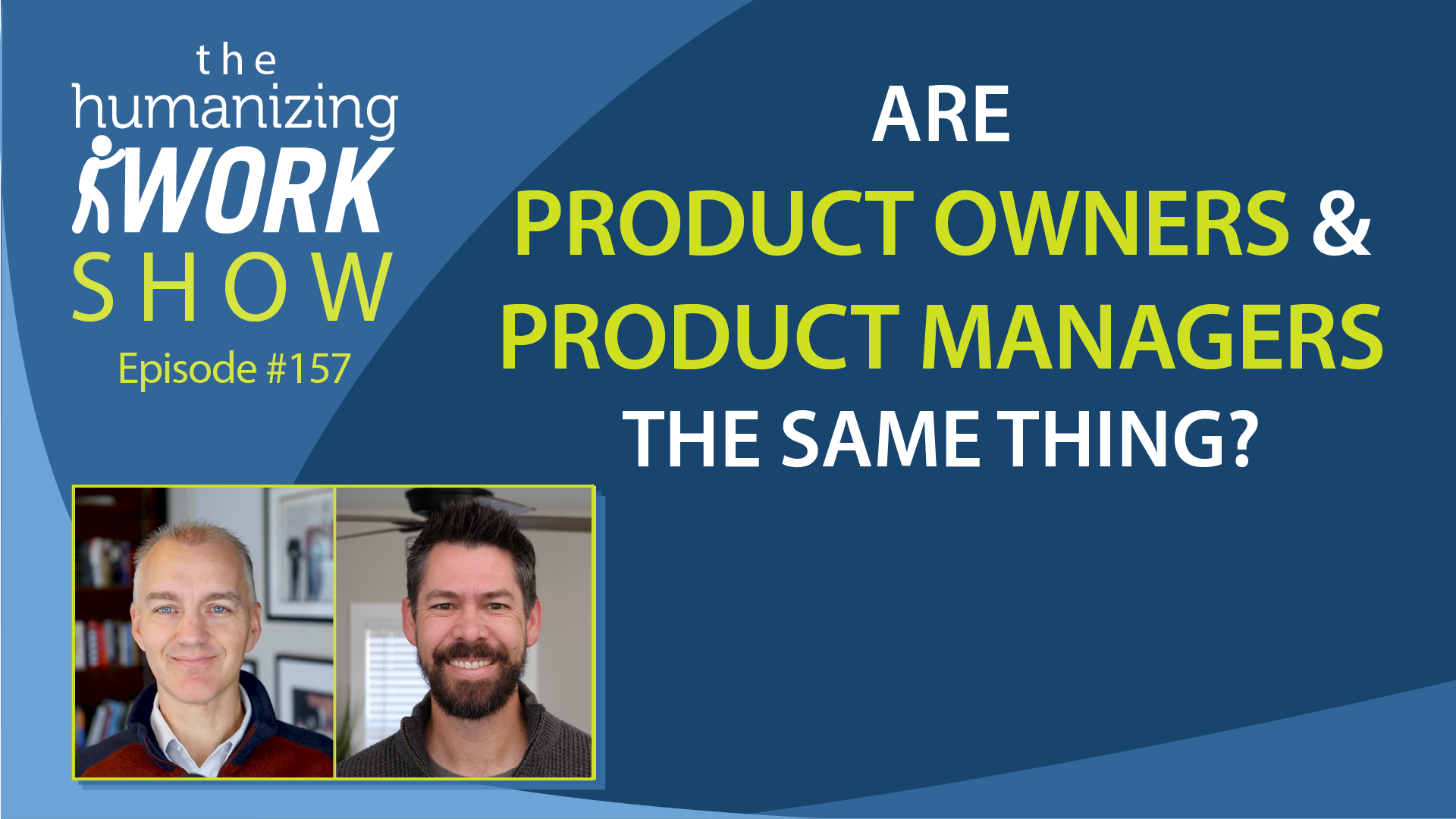Have you ever heard (or said), "That sounds great, but in the real world…"? This common objection can block meaningful change in teams and organizations. In this episode, we explore where this resistance comes from, how to interpret it, and—most importantly—how to work through it. Whether you're coaching a team, facing skepticism from colleagues, or even doubting change yourself, we’ll share practical ways to think about the “in the real world” objections, and how to respond with small, meaningful steps toward a better way of working. Read More
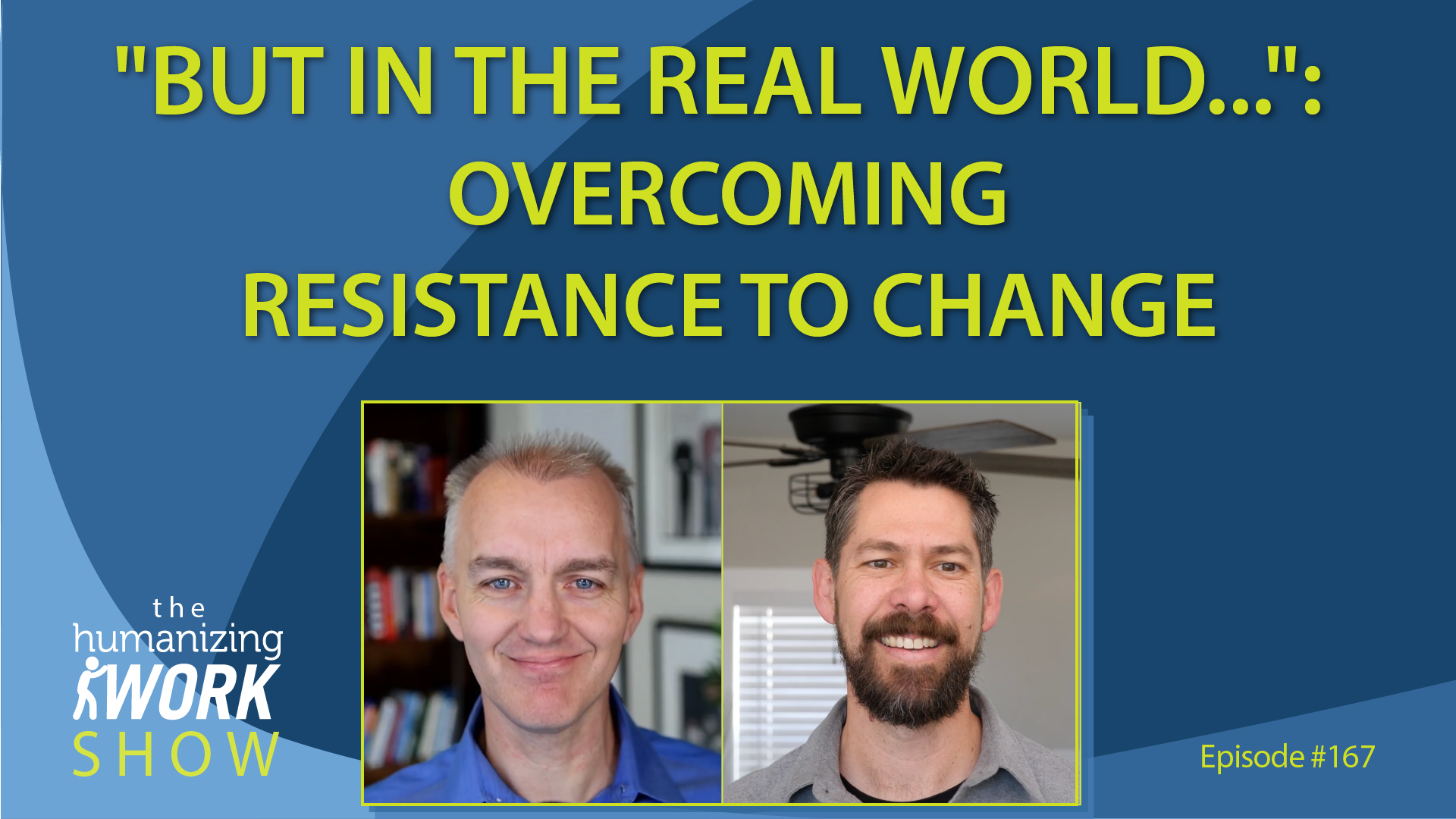
Are you tired of talking about empowerment without seeing real results? In this episode, Peter and Richard dive into the common trap of "empowerment theater"—when leaders say the right things about autonomy but fail to back them up with meaningful action. Read More
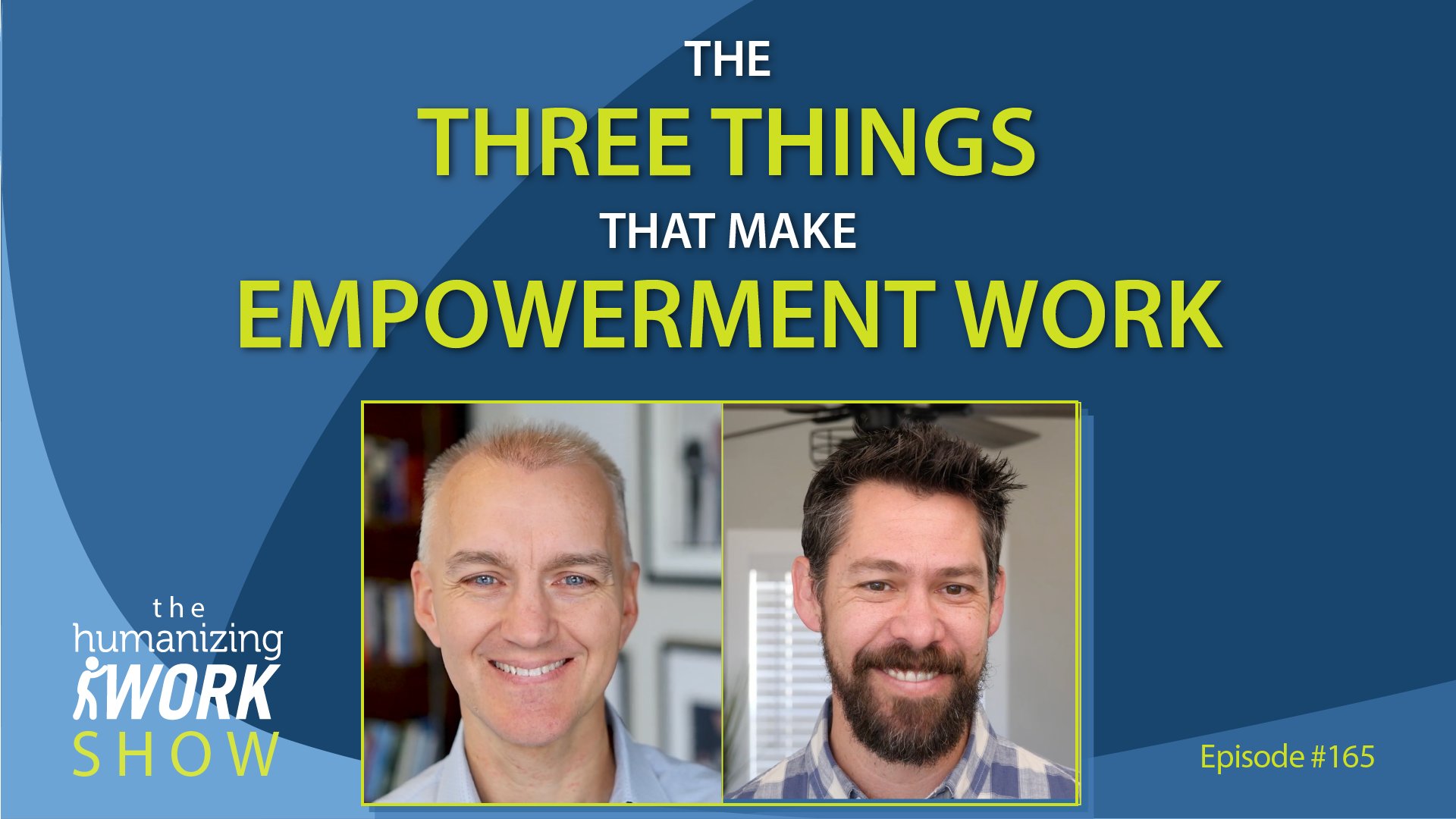
Tired of setting goals that fizzle out by February? Discover the key to sustained motivation with Teresa Amabile's groundbreaking "Progress Principle." In this episode, we share practical steps to apply this research to your personal and work goals, helping you turn ambitious resolutions into meaningful progress that lasts. Read More
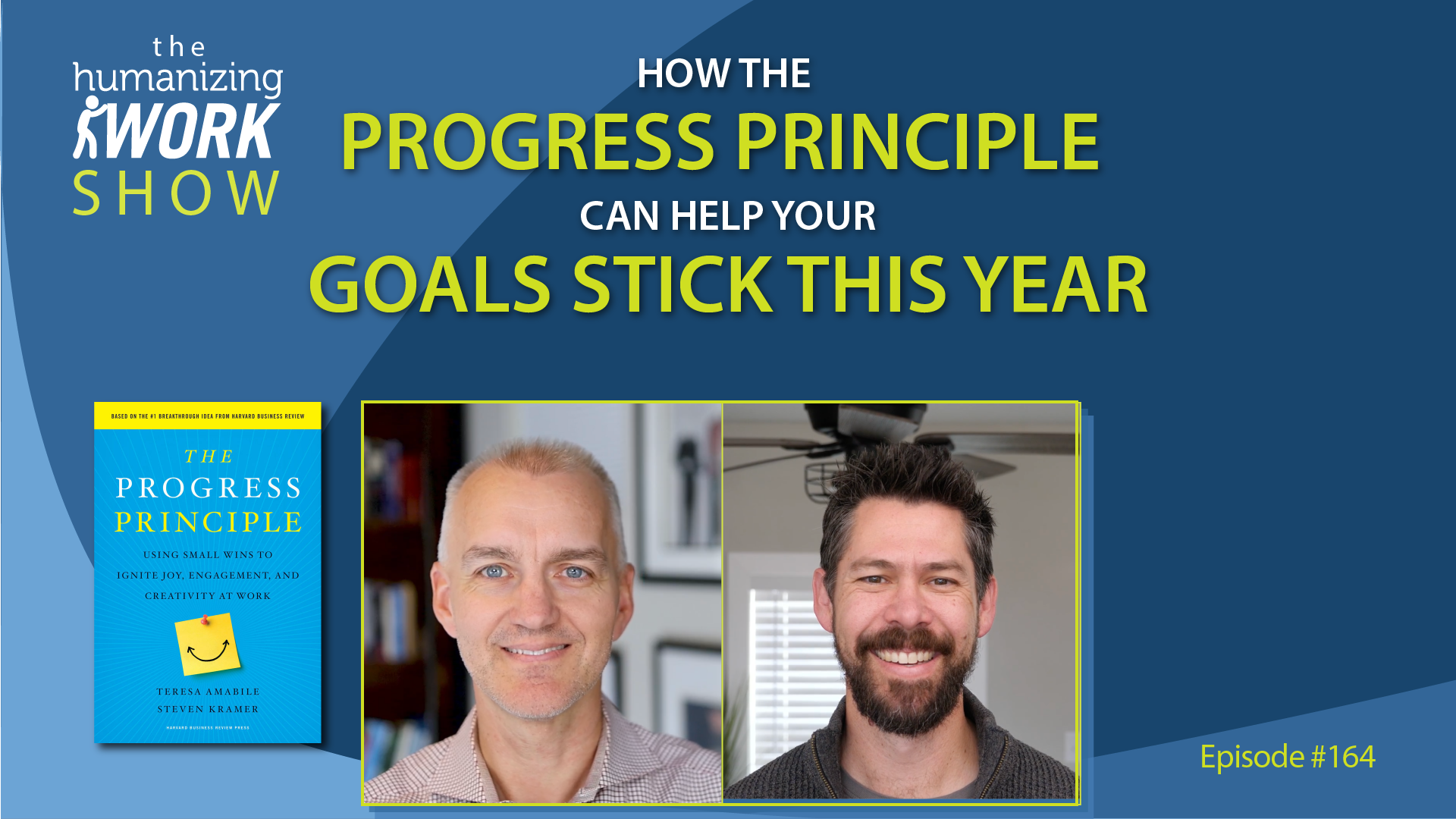
If you’re ready to leave 2024 behind and make the most of 2025, this episode is for you! We’ll share five powerful ways to take charge of your growth and well-being this year. From embracing new habits to thriving in complexity, this episode is packed with practical insights to help you find focus and inspiration, no matter the challenges ahead. Read More

Discover how leadership and regenerative farming intersect in this inspiring conversation with Steven Thompson of Analemma Wines. Steven shares the challenges of running a biodynamic winery, the power of shared purpose, and what it takes to build thriving ecosystems—both in the vineyard and among teams. Whether you're into wine, regenerative farming, or leadership, this episode offers fresh insights into sustainability, values-driven work, and organizational growth. Read More
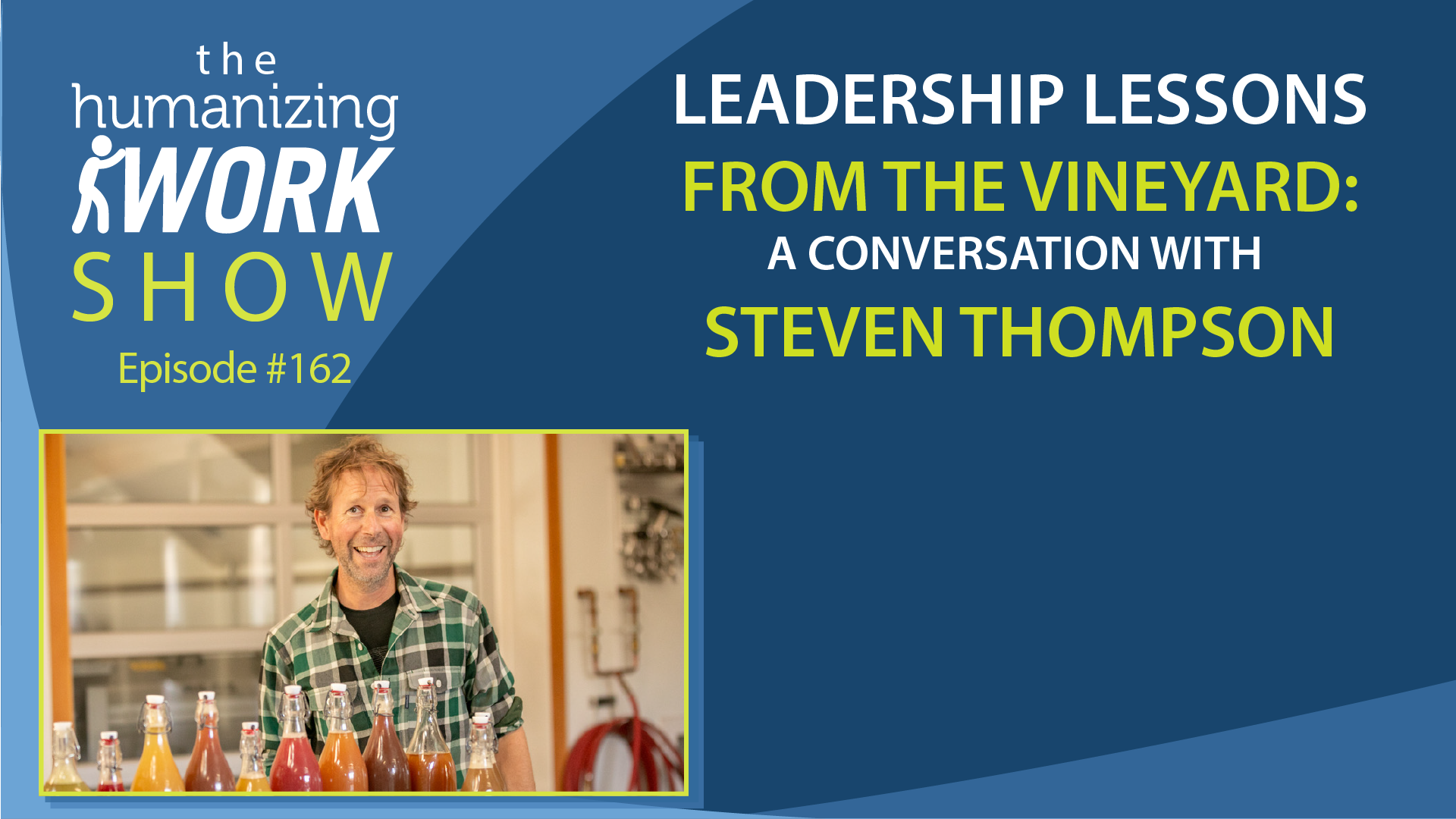
Feeling stuck by team resistance or organizational inertia? Learn the 4-Step Roadblock Buster, a proven process to go from “That Won’t Work Here” to “How Might We?” Peter and Richard share practical steps and real-world success stories to inspire your next breakthrough. Read More

Backlog refinement is essential for Agile teams, but it's easy to fall into the trap of overloading the backlog with too much detail—or not enough. In this episode, we tackle one of the most common and painful mistakes teams make: detailing work too early or too late. Discover how to keep refinement manageable and effective by structuring your backlog with just the right level of detail, using the PO Board model for clarity and flow. Plus, actionable tips to eliminate churn and restore calm to your backlog refinement process. Read More

Too many year-end retrospectives suffer from recency and peak-end biases, causing them to devolve into superficial reviews or Q4 gripe sessions. In this episode, we share a structured approach to help teams and organizations overcome those biases and conduct meaningful reflection sessions that drive real improvement. Read More
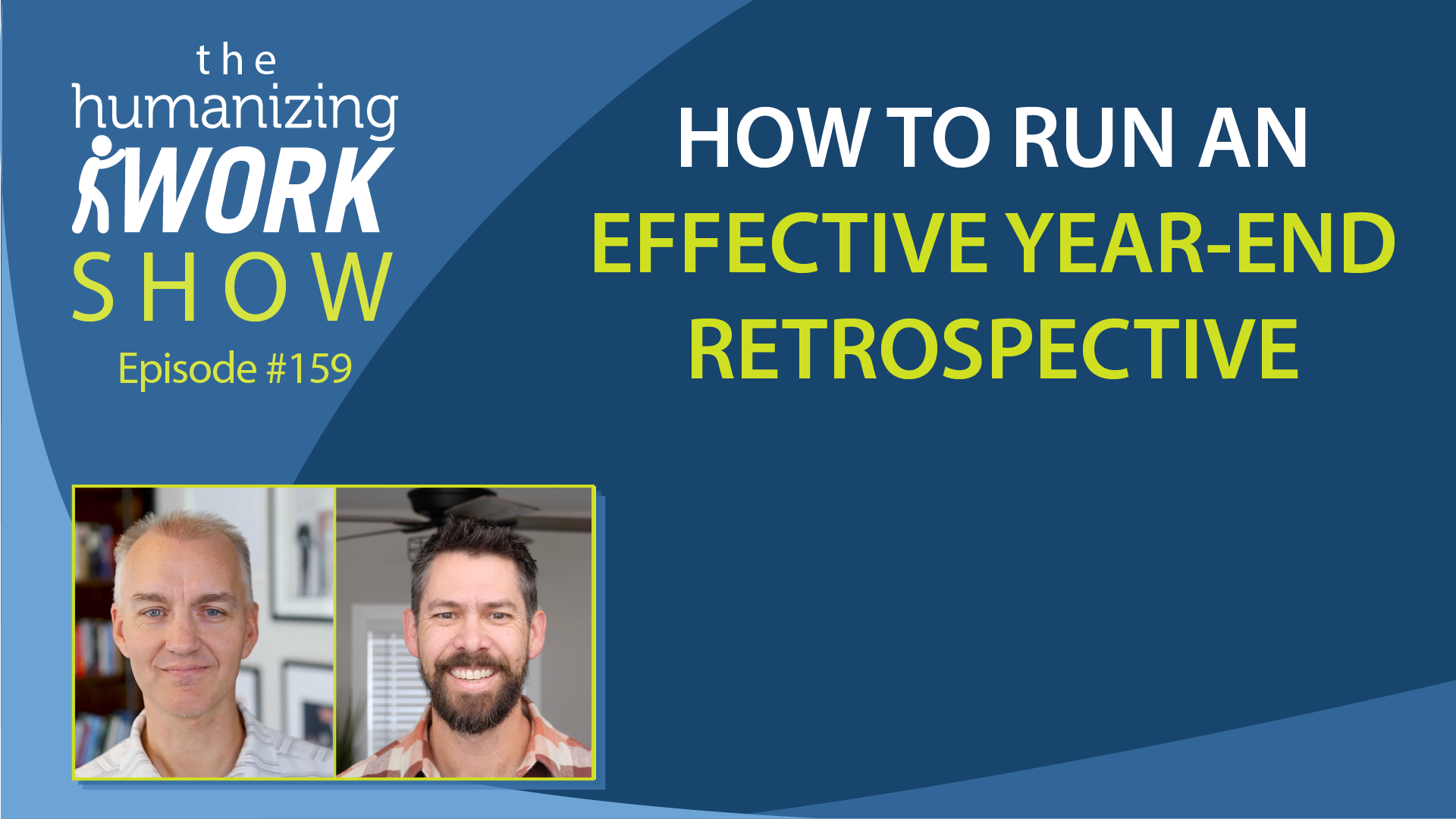
"A beautifully detailed plan feels great—until reality intervenes." In this episode, Richard and Peter share hard-earned lessons about annual planning from their work with hundreds of organizations. They reveal why most companies should spend less time on detailed strategies and more time clarifying vision. Read More
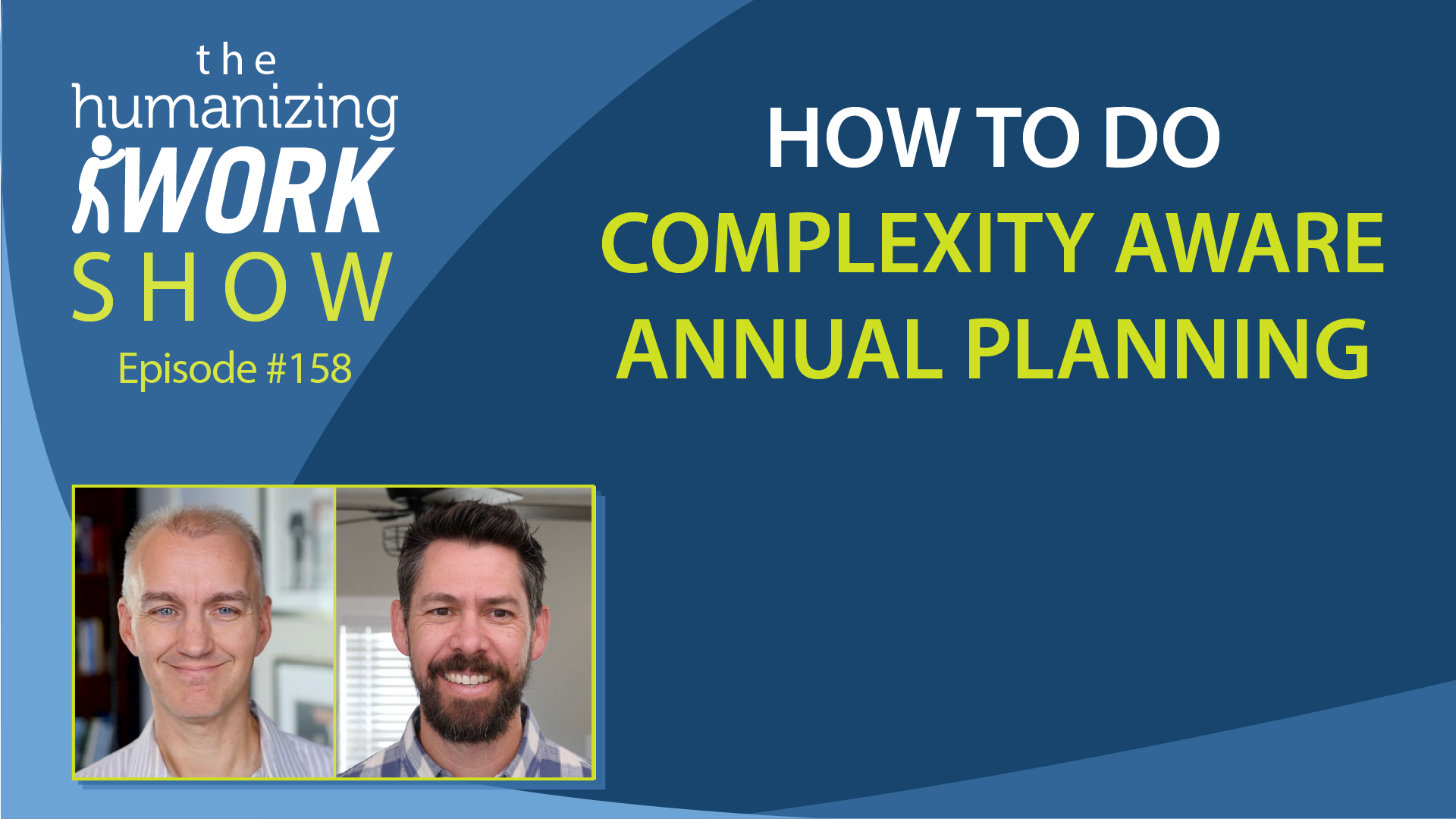
What’s the real difference between Product Owners and Product Managers? This episode explores the evolving definitions of these roles and highlights how modern Product Management thought leadership aligns with the fundamentals of Great Product Ownership. Read More
